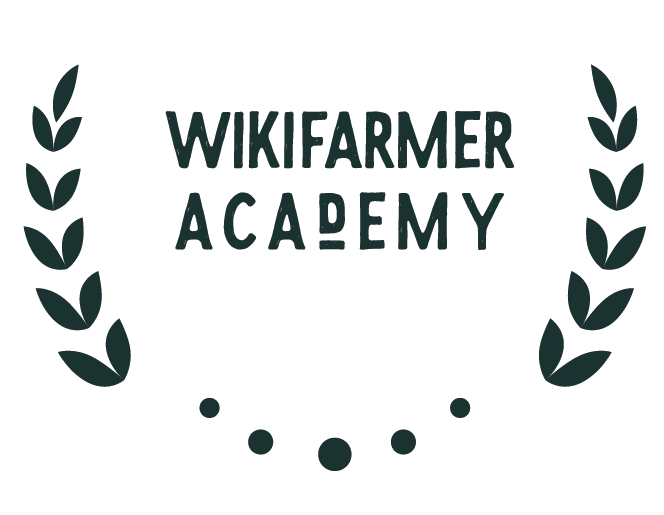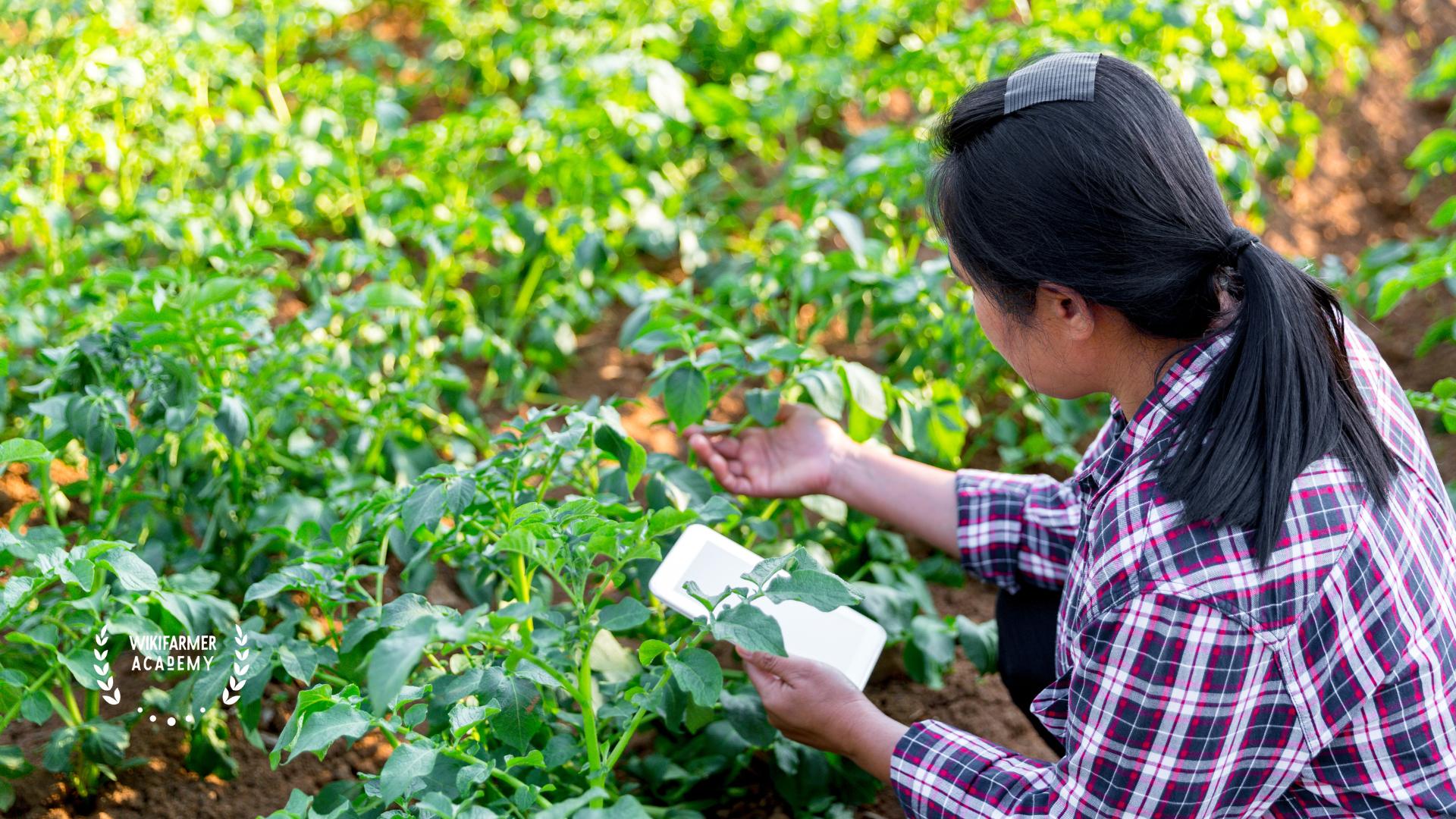Agriculture is undergoing a significant transformation driven by the global push for sustainability. As consumers increasingly demand food that is high-quality, ethically produced, and environmentally responsible, farmers and agricultural stakeholders are rethinking how food is grown. This shift is not just a response to market preferences—it’s a proactive effort to address pressing global challenges such as climate change, soil degradation, and water scarcity.
In response, the industry is experiencing a surge in demand for professionals skilled in sustainable practices. New roles are emerging in areas like organic farming, regenerative agriculture, climate-smart cultivation, and agri-tech innovation. According to the International Labour Organization (ILO), the green economy transition is projected to create over
24 million full-time jobs by 2050. This highlights not only the scale of change underway but also the growing importance of sustainability in shaping the agricultural workforce of the future.
Beyond job creation, green industries are driving innovation, productivity, and long-term economic growth. The International Renewable Energy Agency (IRENA) reports that renewable energy contributed
$1.3 trillion to global GDP in 2024, with sustainable agriculture adding another
$980 billion. These sectors continue to grow at around 6% annually, even during downturns, demonstrating their economic resilience and strategic importance.
Green practices also deliver tangible benefits to businesses. Companies adopting sustainable technologies often report lower operating costs, higher efficiency, and improved market competitiveness. On a local level, green industries are revitalizing rural economies by fostering distributed energy systems and sustainable farming that retain wealth within communities. A notable example is the
U.S. Green Industry, which generated $148 billion in economic output in 2002 and supported nearly two million jobs, showing the broad economic contributions of environmentally focused sectors.
Fueled by this economic momentum, green jobs are rapidly expanding across multiple sectors—from agriculture and energy to waste management and environmental restoration. These roles focus on reducing ecological impact through clean energy, sustainable farming, and efficient resource use. Growing public concern for the environment, stronger policy frameworks, and shifting consumer expectations are accelerating this trend.
The
LinkedIn Global Green Skills Report 2023 found a significant increase in job postings requiring sustainability expertise. Workers with green skills are hired at higher rates, signaling the rising value of environmental knowledge in today’s job market. However, while demand continues to grow, the current workforce lacks the training to keep up, setting the stage for one of the green economy’s biggest challenges.
Despite booming opportunities, the green economy faces a widening skills gap that threatens to slow progress. While demand for green jobs is growing by 1
5% annually, the talent pool is only expanding at about
3%. In sustainable agriculture in particular, employers often struggle to find candidates with the right combination of technical knowledge and hands-on experience.
A key reason for this shortfall is the slow integration of sustainability into traditional education. Many graduates leave school unprepared for emerging roles in areas like precision agriculture, carbon sequestration, and integrated pest management. To close this gap, targeted investment in training, updated curricula, and closer collaboration between industry and education providers will be essential. Bridging this divide is critical to unlocking the full potential of the green economy and ensuring a workforce equipped for the challenges ahead.
Wikifarmer Academy is an online school that offers online courses by contributing to efforts aimed at reducing the skills gap in sustainable agriculture. It provides structured, accessible courses for both newcomers and experienced farmers interested in modern, sustainable farming techniques. These programs combine foundational theory with practical applications, including real-life case studies from professionals in the field.
One of its key offerings, the course titled “
Sustainable Agriculture: Systems, Principles and Practices,” explores various sustainable approaches such as organic and regenerative farming. It also covers essential topics like soil health, water management, and crop systems, aiming to help participants improve both productivity and resilience through environmentally sound practices.

